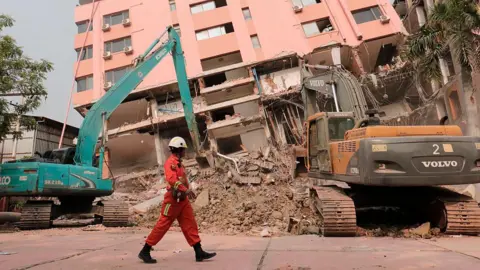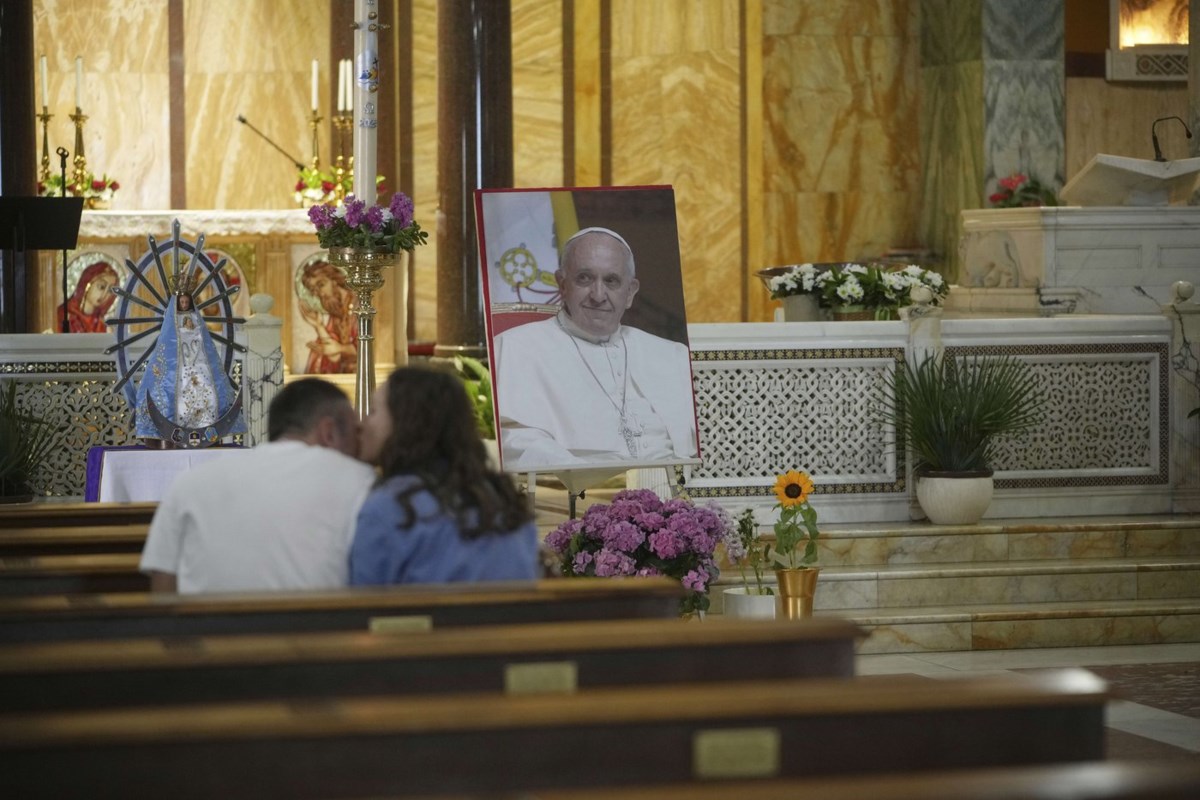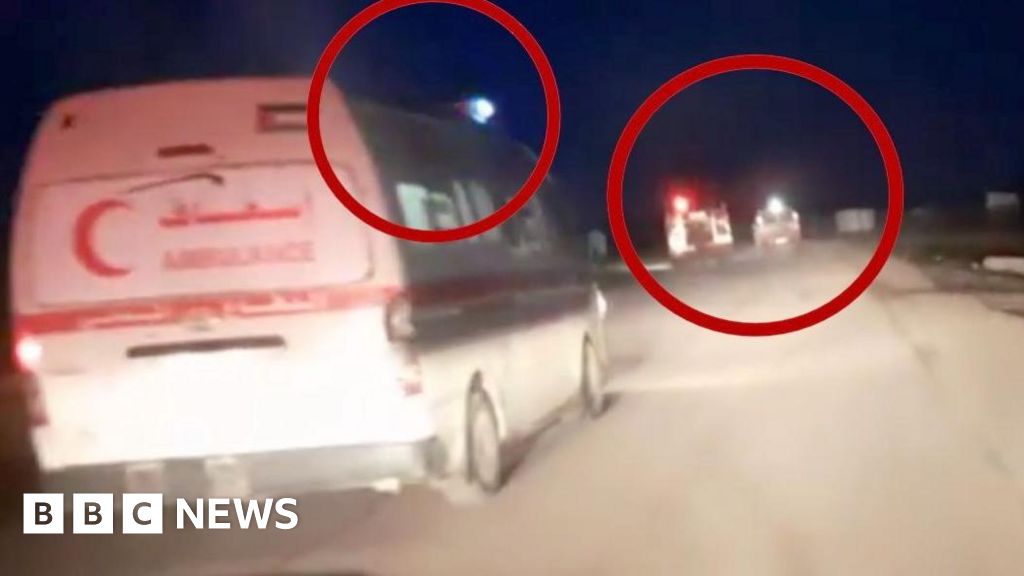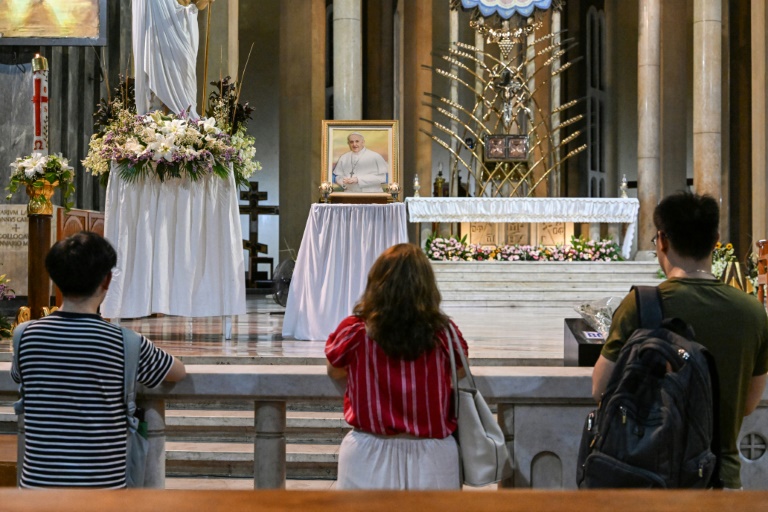Ongoing Violence in Myanmar Despite Ceasefire for Earthquake Relief Efforts

In a troubling development, clashes continue to erupt in Myanmar, even as both the military junta and an alliance of rebel groups have declared temporary ceasefires intended to facilitate earthquake relief efforts. This alarming situation has unfolded following the devastating earthquake that struck the region, registering a magnitude of 7.7 on March 28. Despite the hope that a ceasefire would allow for humanitarian assistance, reports indicate that military actions have persisted.
As of Friday, the military has conducted at least 14 separate attacks since the announcement of the ceasefire, a troubling statistic reported by the United Nations Human Rights office. In a contentious exchange, the military junta has accused two of the rebel groups that agreed to the ceasefire of instigating violence, claiming that these groups have launched attacks against military positions. In contrast, at least one of the rebel groups has asserted that their actions were a direct response to ongoing military offensives, highlighting the complexities of this ongoing conflict.
Major General Zaw Min Tun, the spokesman for the military council, emphasized that the military will retaliate if their bases are attacked, indicating a readiness to escalate the conflict further. Meanwhile, the military has not provided a response to requests from BBC Burmese for additional comments regarding the situation, raising concerns about transparency and accountability.
The situation has drawn the attention of international human rights advocates, including UN High Commissioner for Human Rights, Volker Türk. He has called for an immediate cessation of all military operations, urging both sides to prioritize the needs of those affected by the earthquake. Türk emphasized the importance of enabling humanitarian organizations to access the impacted areas without hindrance, stressing that the focus should be on alleviating the suffering of millions affected by this natural disaster.
The civil unrest in Myanmar is rooted in a broader context of political instability that began with the military coup in 2021, which ousted the democratically elected government. This has sparked a prolonged civil war, as ethnic militias and resistance groups have fought against the military junta for autonomy and recognition. On April 2, the military council declared a 20-day ceasefire, coinciding with the announcement of a ceasefire by an alliance composed of three rebel factions. Unfortunately, the ongoing violence underscores the fragility of these agreements.
The repercussions of the earthquake have been dire, with the official death toll now reported at 3,564, according to state media. The earthquake has also left over 5,012 individuals injured, and an alarming 210 people are still unaccounted for, adding to the humanitarian crisis already facing the nation. As people continue to sleep outdoors in makeshift shelters in the hardest-hit city of Mandalay, the need for immediate and effective humanitarian assistance becomes ever more pressing.



















